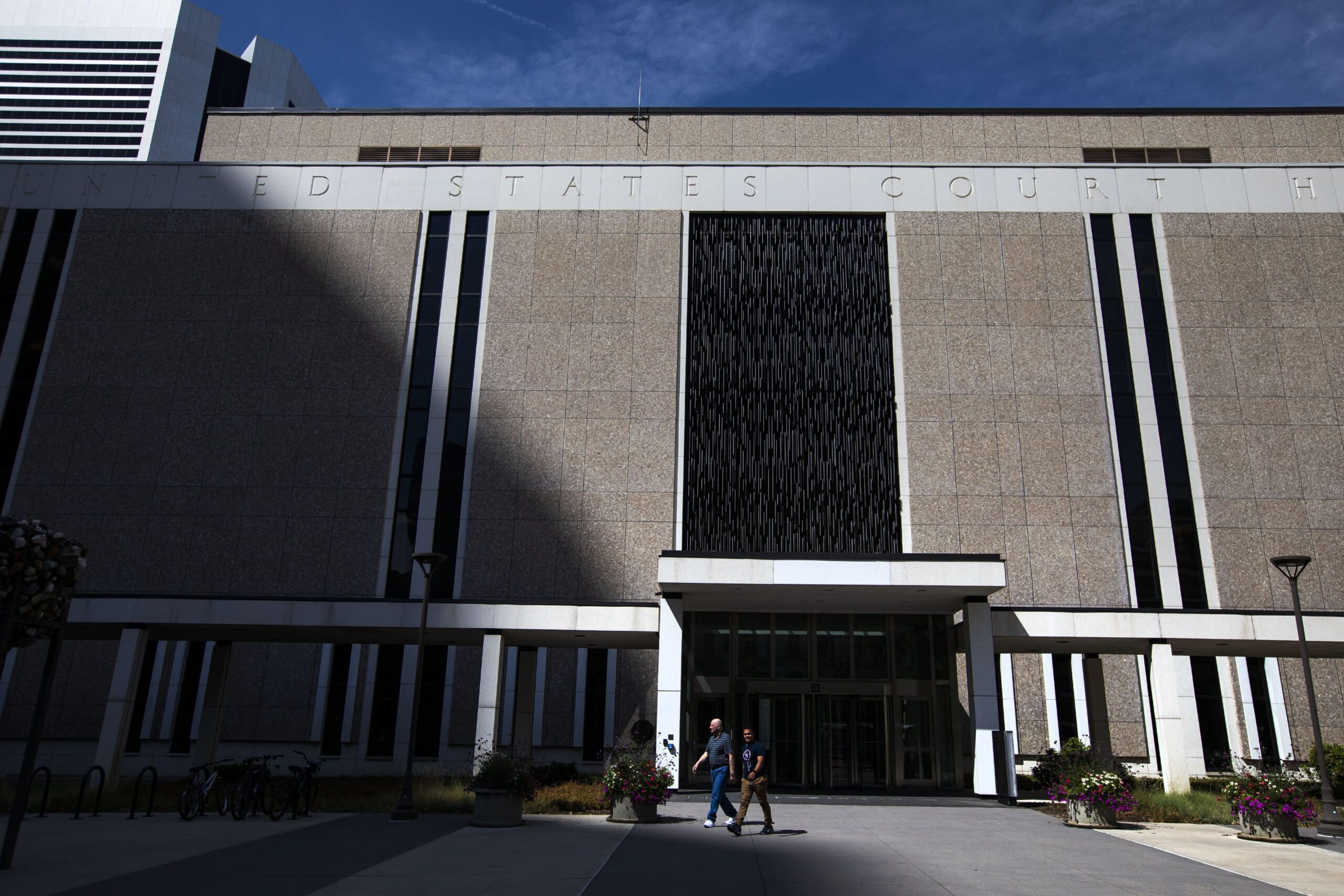Federal judge dismisses challenge to prison policy forbidding assistance with certain legal claims

A federal judge on Friday dismissed a formerly incarcerated man’s challenge to Colorado’s prison policy that forbids the use of library resources for the pursuit of certain claims generally deemed frivolous.
Robert Wayne Robinson sued the law librarian at the Buena Vista Correctional Facility and the former director of the Colorado Department of Corrections. He alleged that while he was incarcerated, a regulation known as AR-750-01 violated his constitutional right to access the courts, to freedom of speech and to equal protection, among other things.
AR-750-01 prohibits prisons from providing services or computers for legal claims pertaining to “sovereign citizen, strawman, or UCC theories.” Sovereign citizen and strawman claims broadly revolve around a person’s assertion that they are not subject to the laws or jurisdiction of the government, while the Uniform Commercial Code has been used to target government officials in frivolous financial actions.
In April, U.S. Magistrate Judge Cyrus Y. Chung recommended dismissing most of Robinson’s claims.
Prisons “are not required to provide access to all desired legal materials such that inmates could ‘transform themselves into litigating engines,” he wrote. Rather, prisons must provide tools for incarcerated plaintiffs to challenge their sentences and conditions of confinement.
“Because the plaintiff fails to allege that his ability to pursue a non-frivolous legal claim was impeded by the defendants,” Chung wrote, his access-to-the-courts claim failed.
However, even though the defendants acknowledged Robinson claimed AR-750-01 violated his First Amendment free speech rights, they neglected to argue why it should be dismissed. Consequently, Chung recommended that Robinson be allowed to continue with that claim.
The Colorado Attorney General’s Office objected on behalf of the defendants, arguing Robinson “did not explain or signal in any substantial way” that he was alleging a free speech violation.
On Sept. 26, U.S. District Court Judge S. Kato Crews waved aside the state’s contention.
“Judge Chung was not required to construct an argument for Defendants, and therefore, he cannot be faulted for failing to engage in an analysis that was not presented to him in the first place,” wrote Crews, adding he, too, believed Robinson had raised a free speech challenge.
However, in an unusual move, Crews concluded Chung was wrong to allow Robinson’s free speech claim to proceed. Because Chung found Robinson had no constitutional right to receive assistance with topics the prison policy prohibited, he should have also concluded Robinson lacked standing for his other claim.
Moreover, Crews “was unable to find any Tenth Circuit or Supreme Court precedent establishing that Defendant’s enforcement of AR 750-01 violates Plaintiff’s freedom of speech,” he wrote. Therefore, the defendants were entitled to qualified immunity, which shields government employees from civil lawsuits so long as they do not violate a clearly established right.
The case is Robinson v. Schwartz et al.













